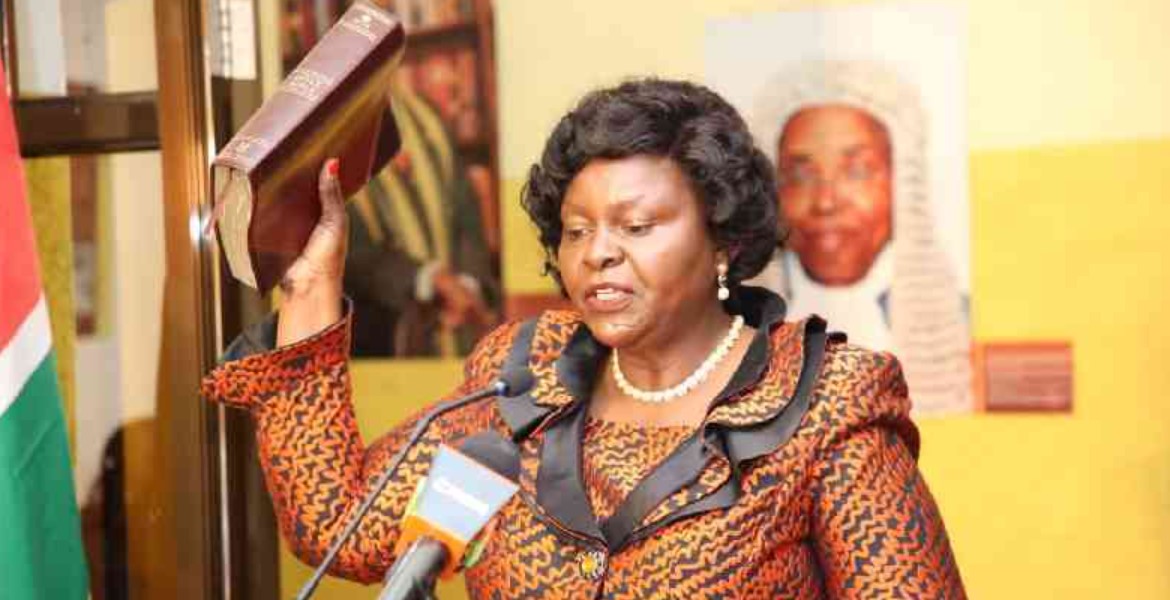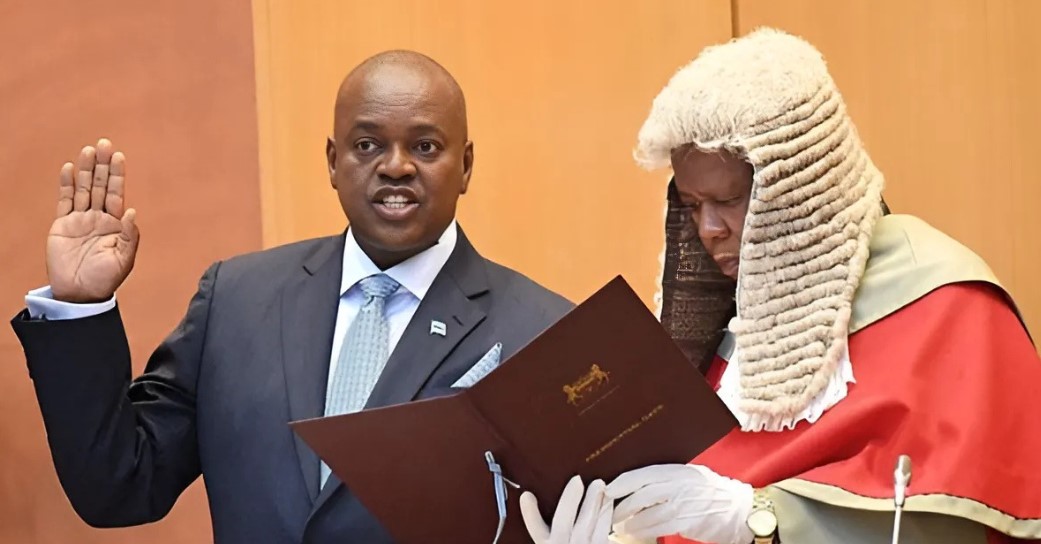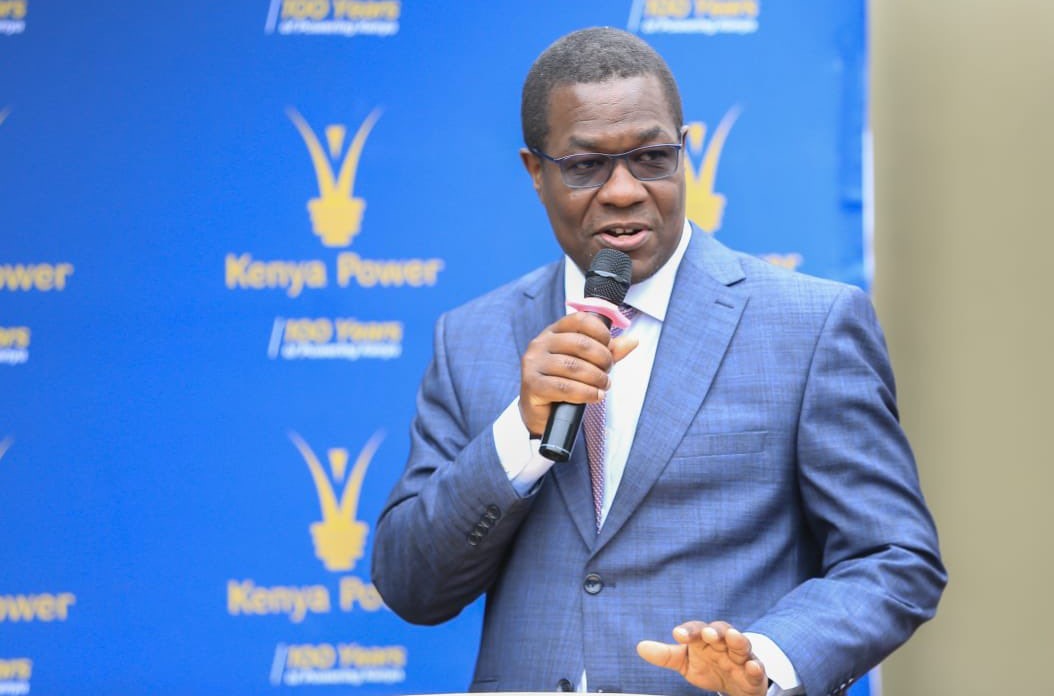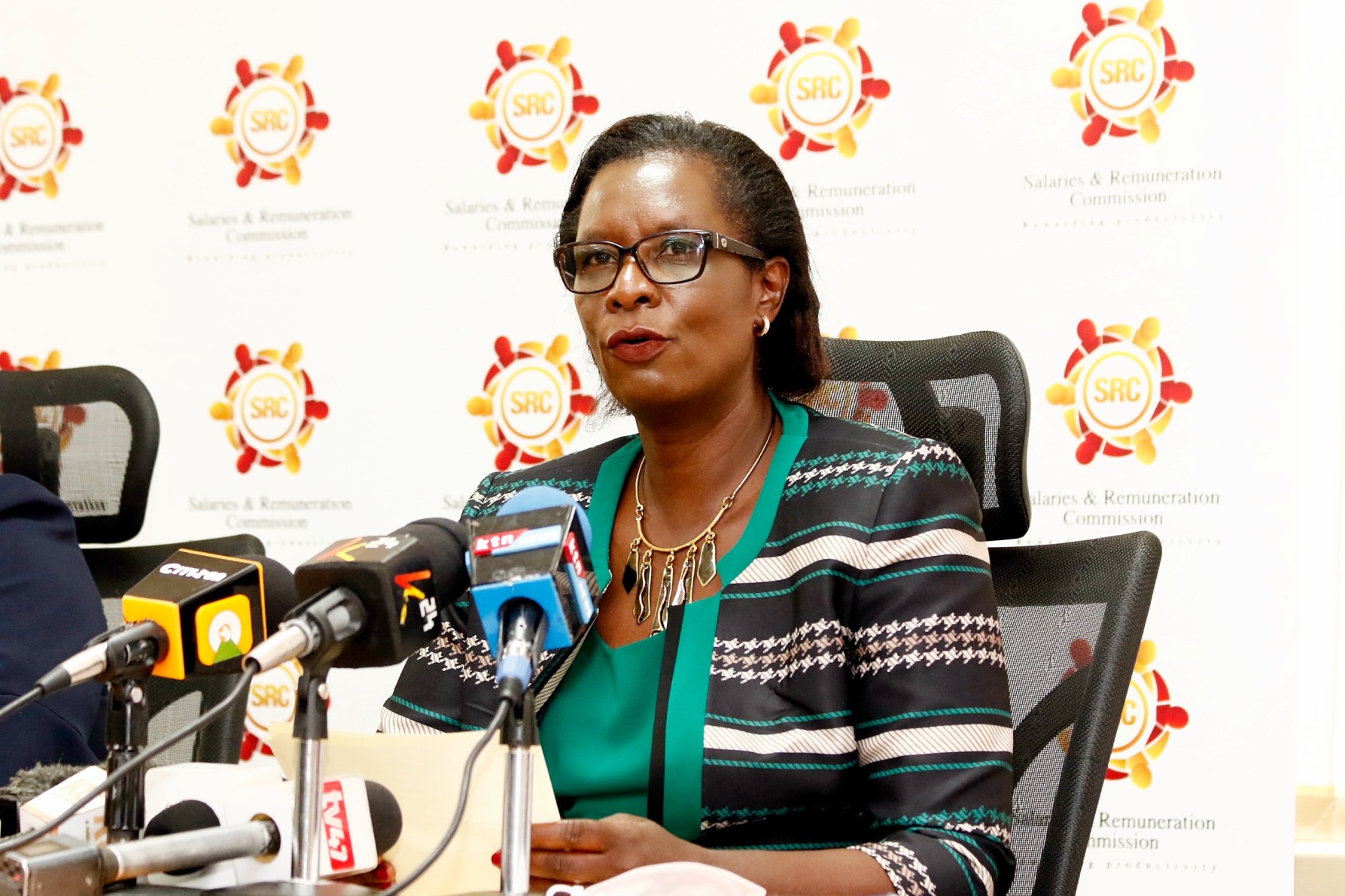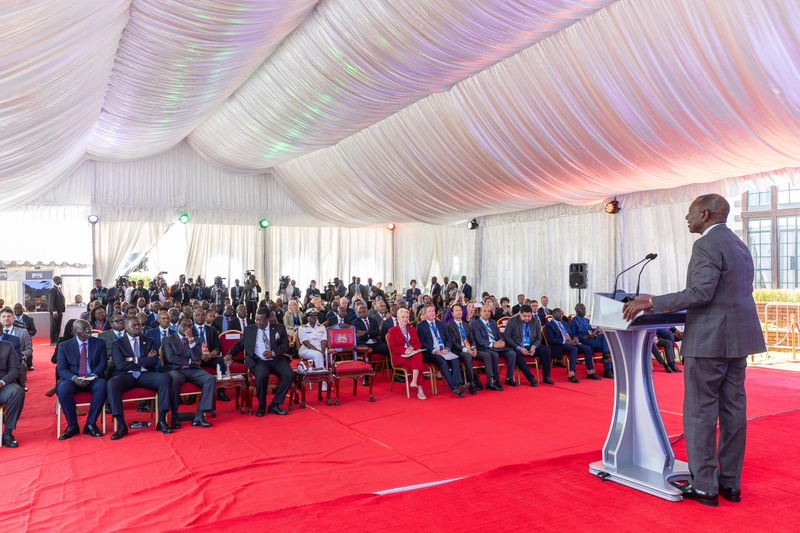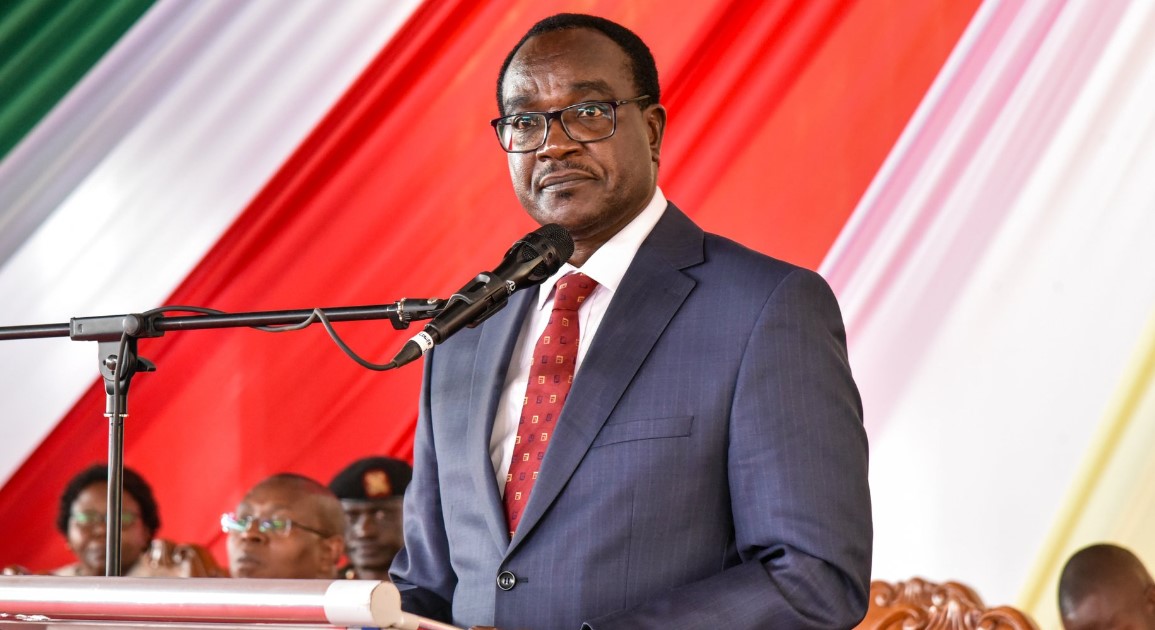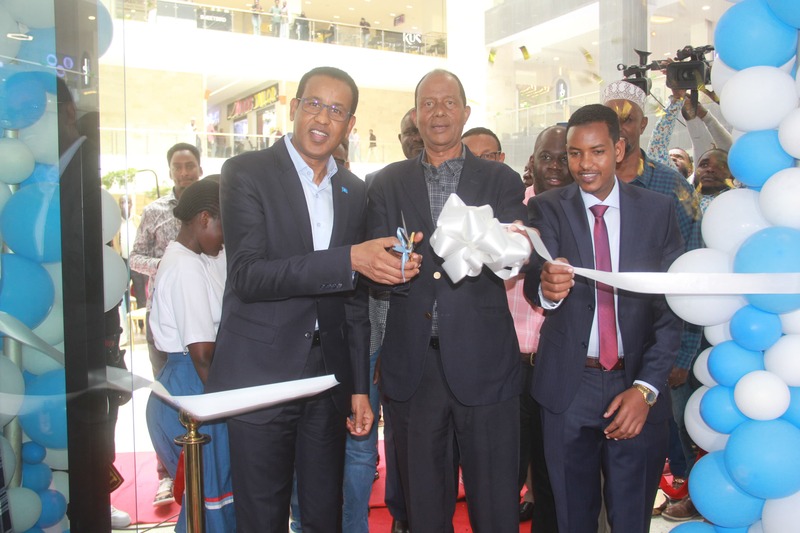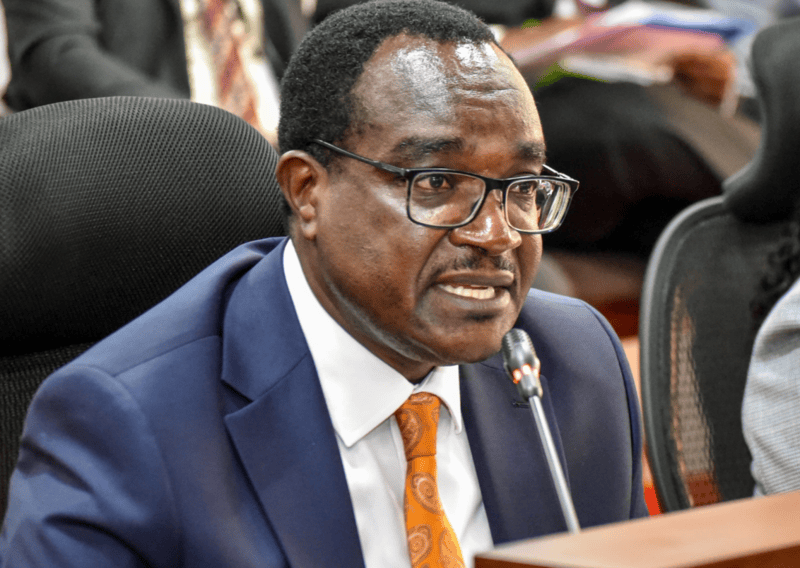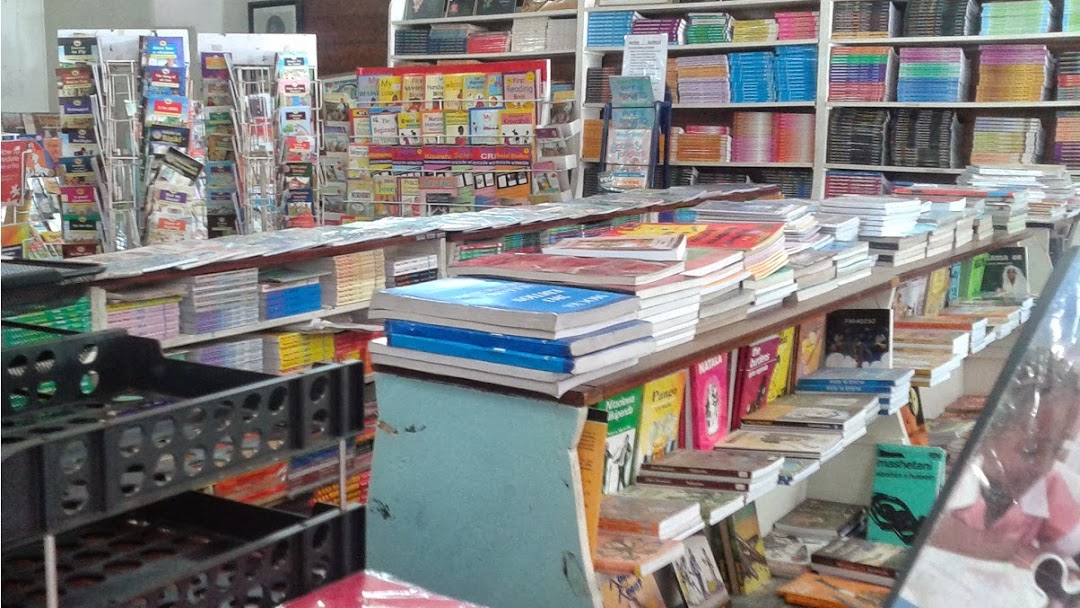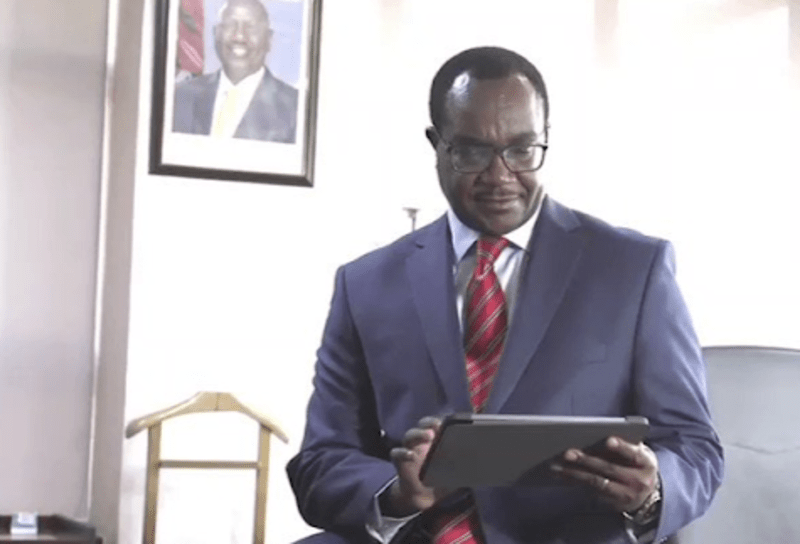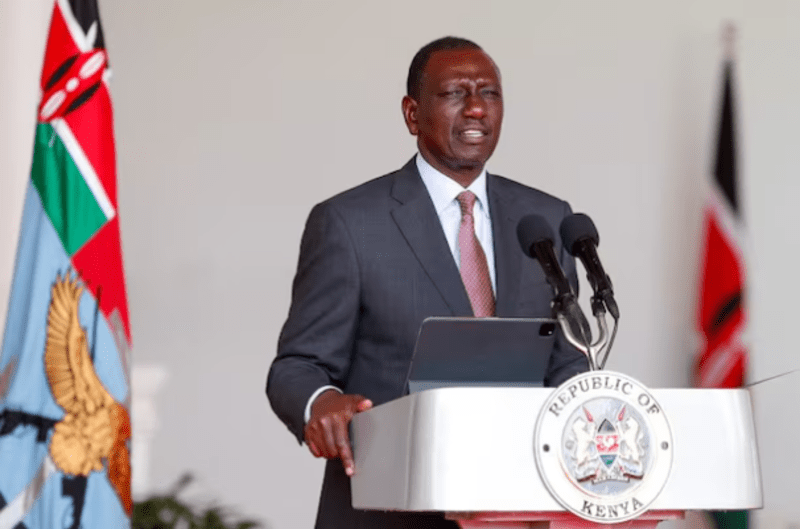School heads to face parliamentary committees in govt's new education reforms
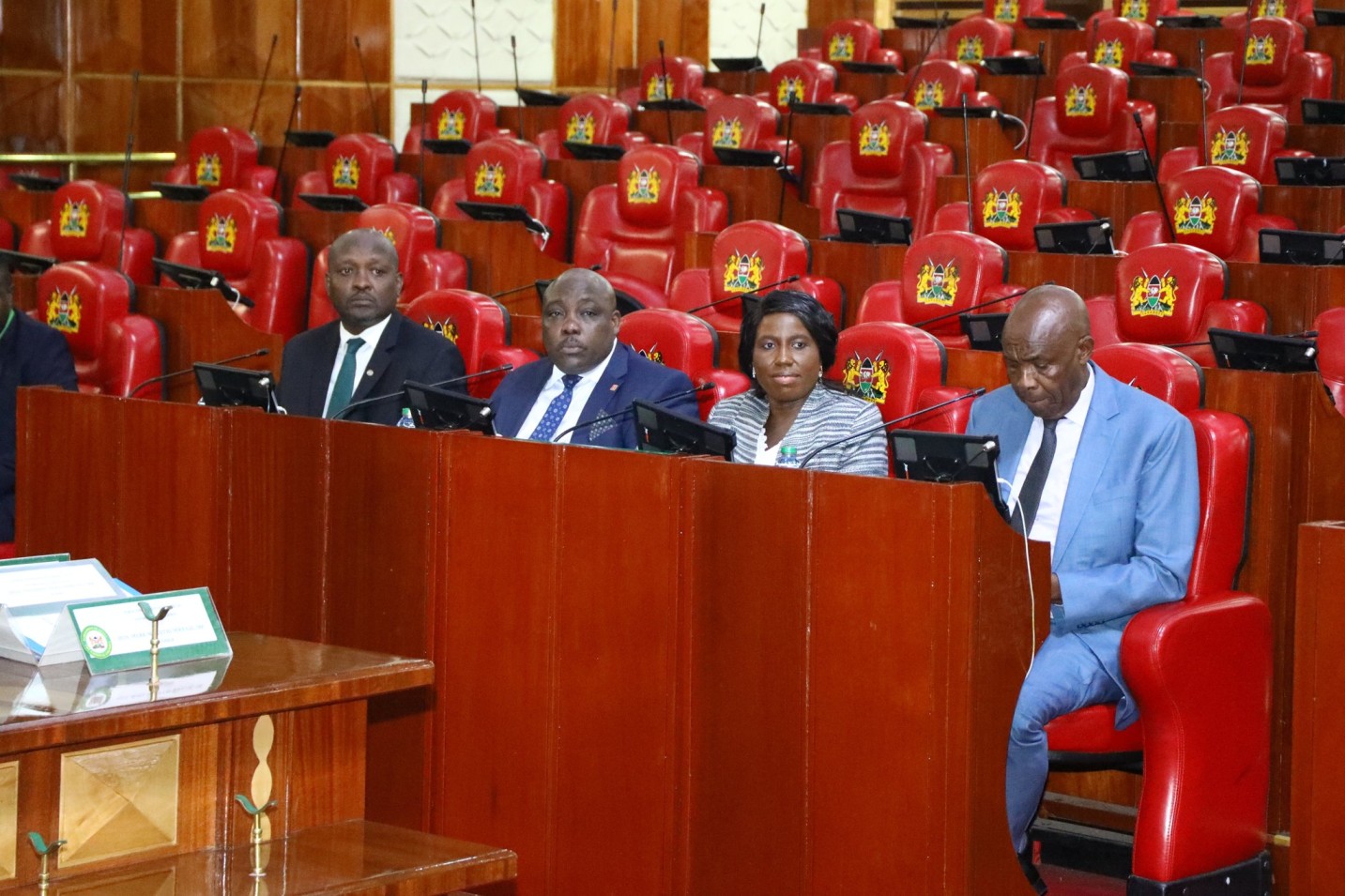
By Lucy Mumbi |
According to CS Machogu, the new directive classifies schools as independent audit units accountable to Parliament.
School principals in Kenya will soon be required to answer directly to parliamentary committees regarding the management of school funds, according to a new directive issued by Education Cabinet Secretary Ezekiel Machogu.
According to CS Machogu, the new directive classifies schools as independent audit units accountable to Parliament.
Keep reading
This change means that the Education CS and his Principal Secretary will no longer respond to financial queries on behalf of schools when summoned by parliamentary committees. Instead, school heads will need to appear before the Members of Parliament to provide answers themselves.
“My friends, things are changing. I have been answering questions on your behalf, but that will not be the case anymore as secondary schools have now been classified as audit units,” Machogu said during the closing of the Secondary School Heads conference in Mombasa, attended by 8,000 members of the Kenya Secondary School Head Teachers Association (KESSHA).
He further warned the headteachers against imposing unapproved levies, cautioning that they would face serious repercussions if found guilty.
This warning comes amid plans by school principals to increase school fees next term due to delayed capitation funds. As students return from their one-week half-term break, schools are yet to receive the full amount of capitation funds allocated for the first term, leaving parents to cover the shortfall in school fees.
Several institutions are said to be struggling to remain operational, as the government has also not released the second-term capitation funds necessary for sustaining learning activities. Kenya Primary Schools Heads Association (KEPSHA) chairman Johnson Nzioka warned of a precarious situation in primary schools because they exclusively depend on government funding and are not allowed to charge any extra fees.
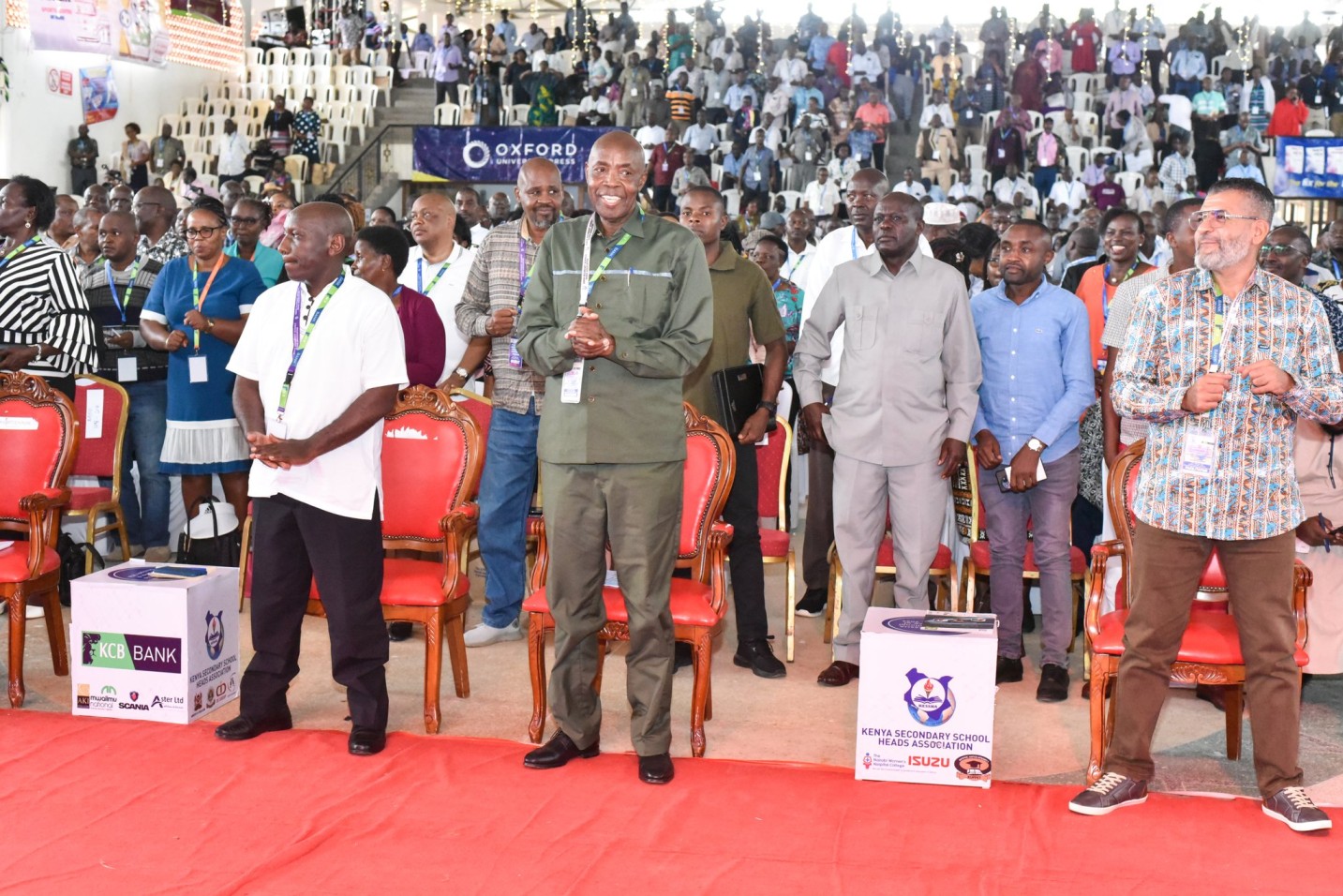 Education Cabinet Secretary Ezekiel Machogu (centre) flanked by Mombasa County governor Abdullswamad Sharrif Nassir, presides over the 47th Annual Conference of the Secondary Schools Heads Association under the theme: "Future Pathways for Learning and Learners in Kenya" at Sheikh Zayed Hall in Mombasa on June 28, 2024. (Photo: EduMin)
Education Cabinet Secretary Ezekiel Machogu (centre) flanked by Mombasa County governor Abdullswamad Sharrif Nassir, presides over the 47th Annual Conference of the Secondary Schools Heads Association under the theme: "Future Pathways for Learning and Learners in Kenya" at Sheikh Zayed Hall in Mombasa on June 28, 2024. (Photo: EduMin)
During the conference, Machogu said the government will not be able to disburse the Sh22,244 capitation required per year for each learner but will instead stick to Sh17,000. He blamed the National Treasury for the delay and assured that the ministry is proactively following up on the release of funds to ensure timely disbursement to schools.
Machogu also highlighted ongoing reforms in the education sector, noting that a comprehensive review of the legal and policy framework will be submitted to Parliament before the end of the year. The reforms include changes in the computation of Kenya Certificate of Secondary Education (KCSE) examination results, now based on a mean score comprising English or Kiswahili or sign language, mathematics, and five other subjects.
“We have finalised the draft session paper and 13 Bills through which we seek to implement the recommendation of the presidential working party reform,” Machogu said.
Machogu pointed out that the new system has already improved KCSE performance and increased entry requirements.
He added that the Competency-Based Curriculum (CBC) for senior secondary schools would offer three pathways: Science, Technology, Engineering, and Mathematics (STEM), Social Science, Arts, and Sports Science.
At the conference, principals also recommended that the Kenya National Examination Council (KNEC) operate independently to prevent state interference and ensure accountability in examination processes.
This year’s KNEC examinations are set to begin on Friday, October 18, 2024, which has been set for rehearsal day for candidates.
The examinations will officially start on Tuesday, October 22, 2024, and conclude on Friday, November 22, 2024.
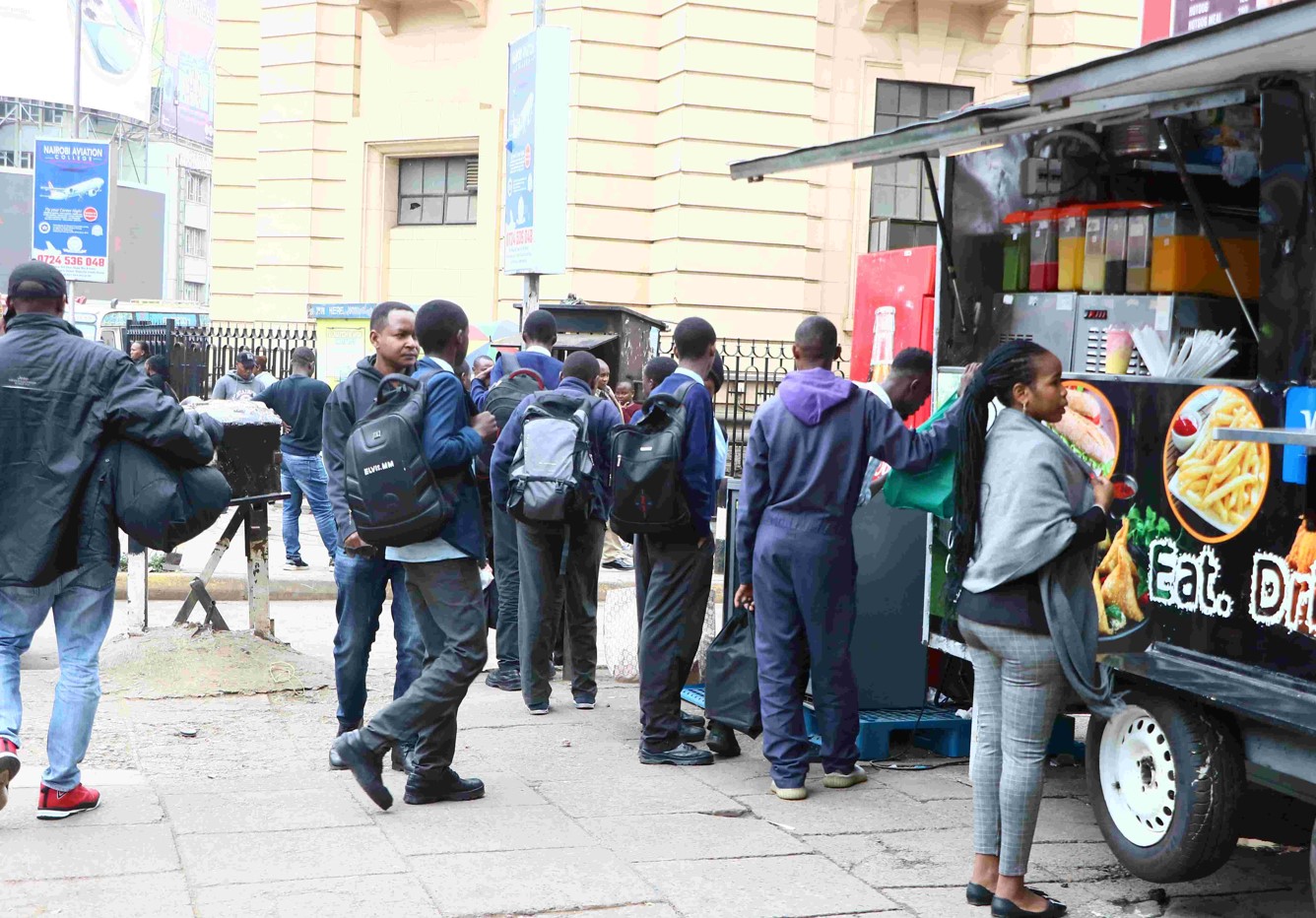 Students near the Kenya National Archives at the Nairobi CBD as they begin their mid-term break on June 24, 2024. (Photo: Justine Ondieki)
Students near the Kenya National Archives at the Nairobi CBD as they begin their mid-term break on June 24, 2024. (Photo: Justine Ondieki)Reader comments
Follow Us and Stay Connected!
We'd love for you to join our community and stay updated with our latest stories and updates. Follow us on our social media channels and be part of the conversation!
Let's stay connected and keep the dialogue going!

